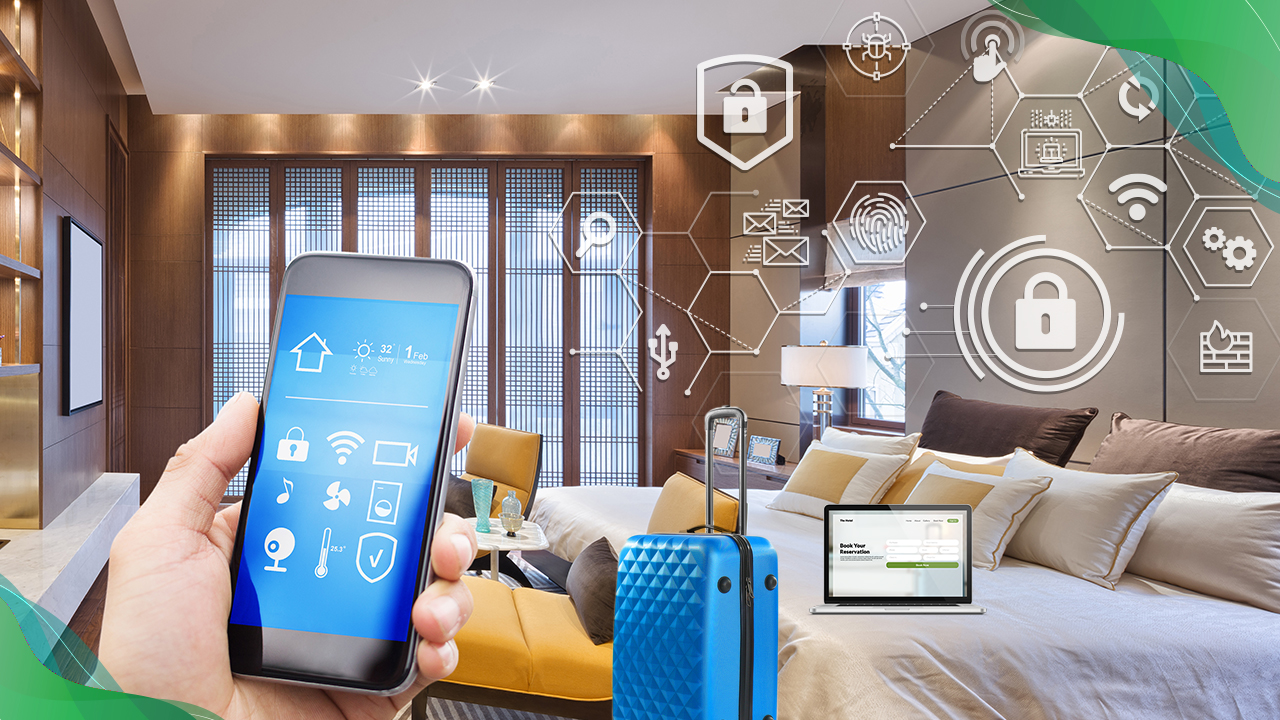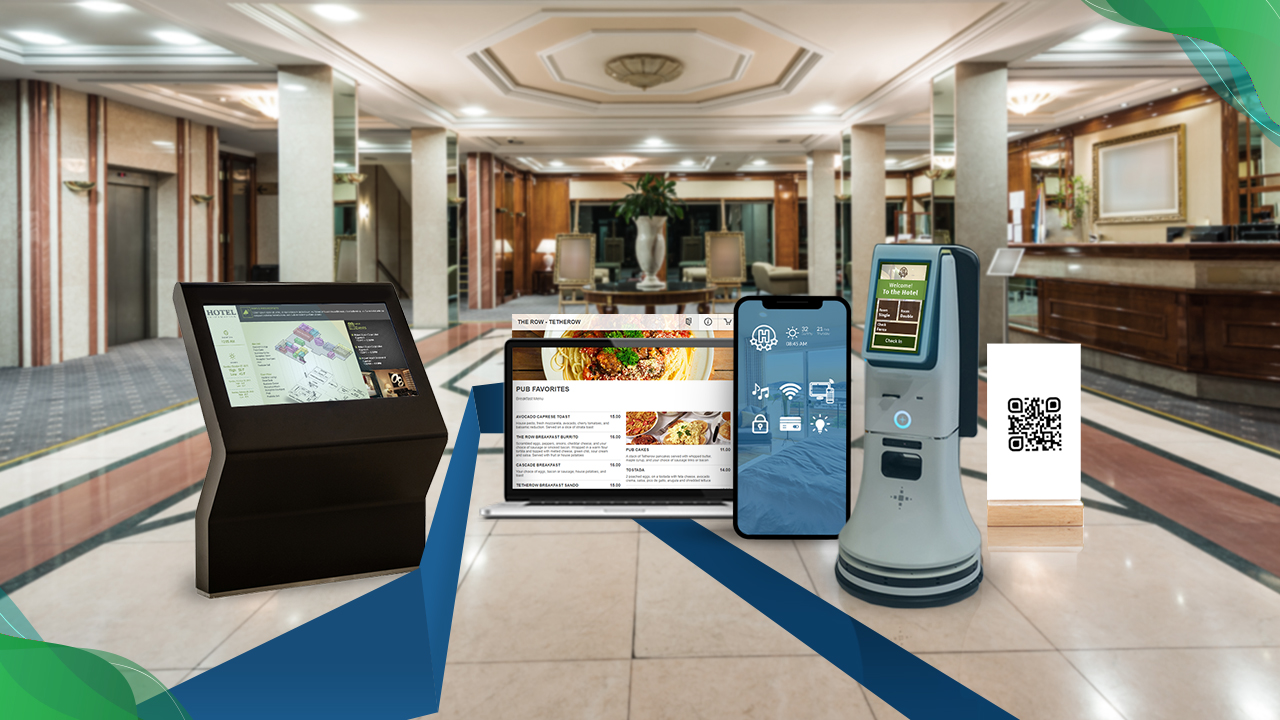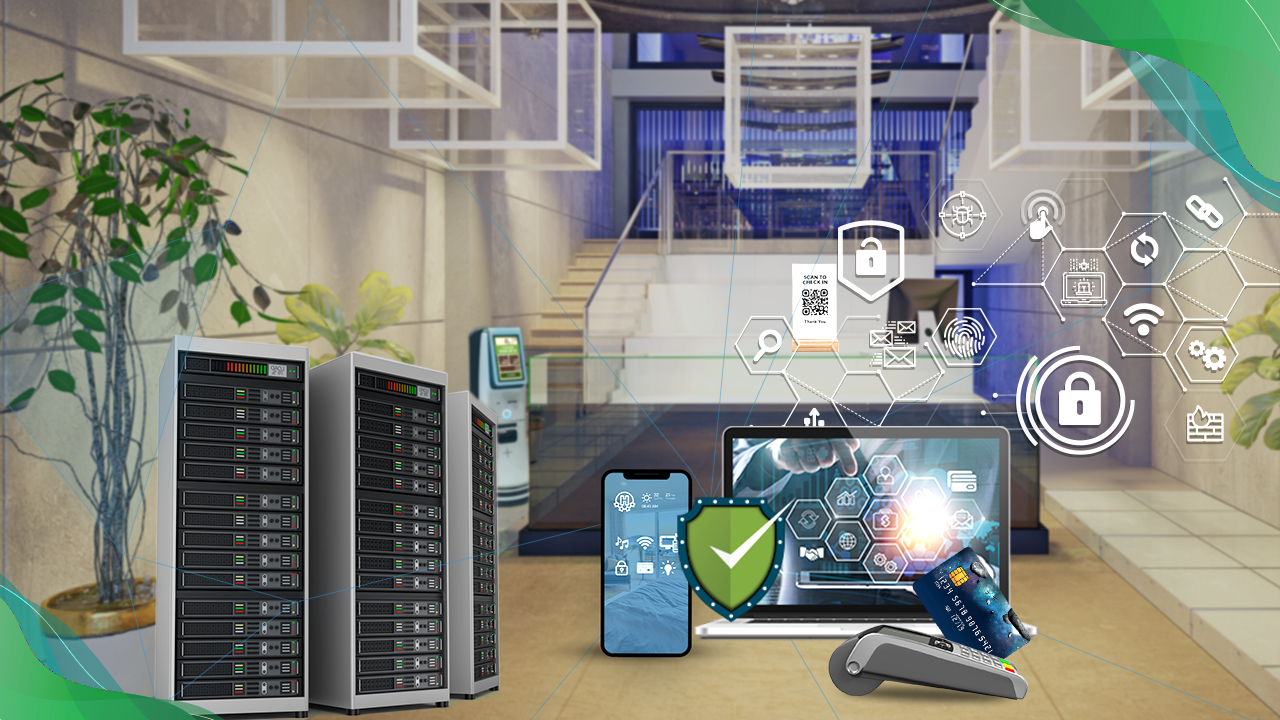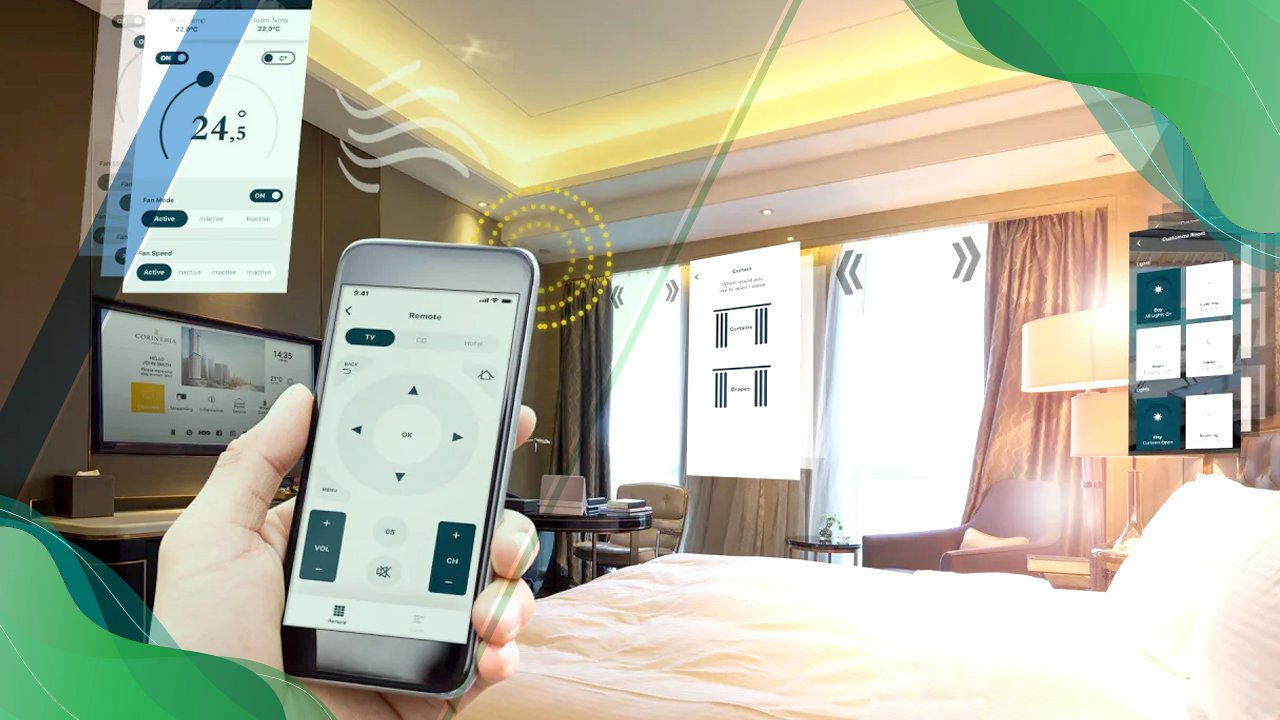The increase in vaccinations with 59% of the US population now vaccinated and the decrease in the number of infections has prompted researchers at PwC to predict a highly positive outlook for the hospitality sector.
With both leisure and business travel about to resume, hotel owners are already flocking to invest in the latest tech & digital solutions to facilitate guests in their properties. Affected by the liability of human transmission and a substantial gap in human resource supply, hotel operators must now delegate essential guest services to technology.
An increasing number of reports and surveys are not only highlighting the successful deployment but also operational advantages of using technology in hotels.
Marriott Group for instance, delivers a rich guest experience powered by technology and managed by a professional team of technology experts. From marketing to booking, and later onboarding guests to their rooms, Marriott’s Bonvoy Smartphone App delivers a contactless hotel journey for personalized every guest.
Marriott guests can book rooms, check-in & out, unlock room doors, book amenities, and get latest information directly through the Bonvoy App. Marriott has therefore employed expert technology management strategies to not only differentiate the offering from other brands, but also effectively enhance revenue opportunities while reducing costs of service.
The Millennial Traveler
Travel Pulse reported in December 2021 that millennials will lead travel statistics in 2022. These highly digitized travelers look for personalized technology enhanced hotel experiences with unique decor, smart rooms, smartphone features, smart tv entertainment, and digital payments.
In their 2022 Travel Outlook, Amadeus identifies that millennial travelers were the most consistent travelers in 2021. The demographic contributed $180 billion worldwide to the hospitality economy.
Hotel operators must now focus to engage with this growing demographic of travelers demanding contactless hotel experiences powered by technology. Using professional technology management guidelines hoteliers can not only attract but constantly keep millennials engaged with their brands.
Since there are multiple technologies at work to assist in delivering a seamless guest journey, it is essential to keep these services consistent, secure, and compliant at all times. Technology management providers generally maintain a complete technology inventory that allows them to ideally secure, support and maintain guest technologies.
The Employment Gap
A January 7 update from Skift identifies that US hospitality recently experienced its lowest unemployment number since the pandemic began. However, the article claims that the industry is starved for more human resources, and the almost ‘choked’ supply is leading to a massive gap.
As workers find better jobs with more favorable conditions like remote work and flexible hours, the hotel industry is left with even fewer resources joining the workforce. This coupled with the fact that hospitality released the most employees when the lockdowns began. The lack of job security itself leaves a void in the industry as workers choose employment with more job security.
“The baggage we carry as a result of laying off so many people in the pandemic … That is a hard one to overcome,” …“People always feel like you’re going to abandon them in a crisis and there’s no safety net.”
Former BWH Hotel Group CEO – David Kong
This massive gap in human resource demand and supply leaves hotel operators with fewer staff who are trained and capable enough to handle technology based hospitality services. Professional technology management enables hotels to keep their staff trained with the latest features, security measures, emergency plans, disaster management plans, and support know-how.
Technology management is also essential to ensure that all background processes previously performed by staff are being monitored to ensure superior guest satisfaction. While guests demand more personalization and digitization, they demand being able to connect with the hotel at all times through online communications.
Proficient technology management assists hotel operators to delegate essential services like IT support, data security, technology compliance, liability management, and digital experience management, while focusing on essential business strategies.
Conclusion
As we roll into 2022 contactless hotel experiences and digital hotel services are bound to become prerequisites for premium hospitality experiences. Integrating technology management into hotel management strategy will soon become essential to deliver more personalized and engaging experiences in hotels.
We hope you enjoyed this edition of our blog, for more interesting reads and insights visit us again soon.




